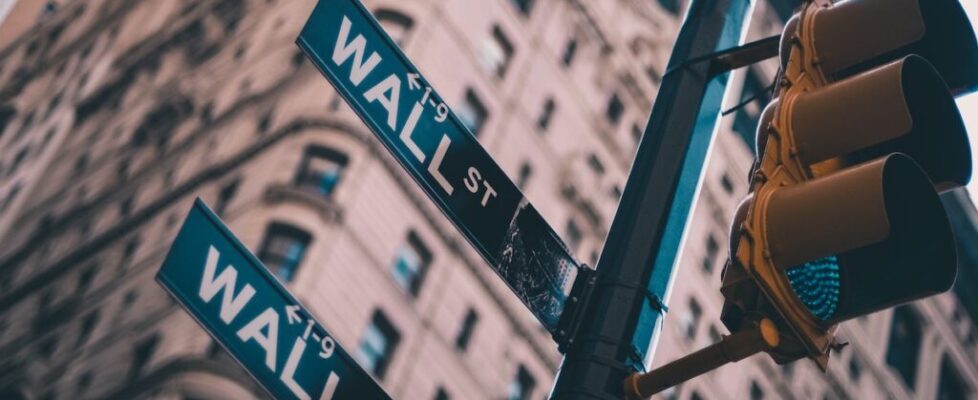Former Wall Street trader pushes for acquittal in spoofing lawsuit
Christopher Jordan, a former executive director and trader on JPMorgan’s precious metals desk, is pushing for his acquittal in a spoofing lawsuit. On January 30, 2023, the former Wall Street trader submitted a motion for a judgment of acquittal at the Illinois Northern District Court.
The ex-trader claims that the trial evidence was insufficient for a rational juror to conclude beyond a reasonable doubt that Mr. Jordan: (a) knowingly participated in a “scheme to defraud” within the meaning of the wire fraud statute; (b) made a false statement to trading counterparties; and (c) acted with the criminal intent to defraud.
According to court documents and evidence presented at trial, Christopher Jordan was an executive director and trader on JPMorgan’s precious metals desk in New York from 2006 to 2009, and on Credit Suisse’s precious metals desk in New York in 2010.
Between 2008 and 2010, Jordan placed thousands of spoof orders, i.e., orders that he intended to cancel before execution, to drive prices in a direction more favorable to orders he intended to execute on the opposite side of the market. Jordan engaged in this deceptive spoofing strategy while trading gold and silver futures contracts on the Commodity Exchange (COMEX), which is a commodities exchange operated by the CME Group. These deceptive orders were intended to inject false and misleading information about the genuine supply and demand for gold and silver futures contracts into the markets.
In December 2022, Jordan was convicted of wire fraud affecting a financial institution.
Now, he opposes the conviction and pushes for his acquittal.
The defendant argues that, viewing the trial evidence in the light most favorable to the government, the evidence was insufficient to prove that he carried out a deceptive scheme to deprive his trading counterparties of money or property. Even assuming arguendo that the government’s evidence was sufficient to prove that trading counterparties may have drawn incorrect inferences about the balance of supply and demand based on Mr. Jordan’s spoof orders and that the spoof orders induced at least one counterparty “to trade at prices we wouldn’t trade at normally,” it was undisputed that when the counterparties accepted Mr. Jordan’s orders, they got exactly what they bargained for: valid CME futures contracts, bought or sold, at a given price, for a given quantity.
Mr Jordan further argues that there was no testimony or evidence that any of his trading counterparties ever lost money as a result of his spoof orders. Based on the evidence that was presented to the jury, the transaction prices at issue in this case were the result of the independent judgment of Mr. Jordan’s sophisticated transaction counterparties who decided—on their own accord—to transact at the prices that were reflected in Mr. Jordan’s bids and offers.
Jordan also notes that, even taking the evidence in the light most favorable to the government, the evidence was insufficient to establish that he knowingly made a materially false representation, even implicitly, because the government’s proof was insufficient to establish that, in 2009 and 2010, the CME required traders to place orders with a genuine intent to trade.
To establish that Mr. Jordan made an implicit misrepresentation, the government was required to prove that, in 2009 and 2010, the CME prohibited placing orders with the intent to cancel before execution. Only if such a rule existed, and was widely understood in the market, would it be rational for a counterparty to have assumed that an order placed on the CME implicitly reflected a genuine interest to trade.
At trial, this was a hotly contested issue and the government’s evidence fell short of the threshold necessary to sustain a conviction. The government called a witness from the CME, Erin Middleton, who testified that in 2009 and 2010, CME Rule 432 required traders to place orders with the intent to trade.
On cross-examination, however, Ms. Middleton acknowledged that the text of Rule 432 says nothing about spoofing or placing orders with the intent to trade, nor does the phrase “bona fide” (or Ms. Middleton’s definition of that phrase) appear anywhere in Rule 432.
In addition, Ms. Middleton conceded that the CME did not publicly state that Rule 432 applied to spoofing until 2012, long after Mr. Jordan had stopped trading for a financial institution.
Jordan says that, in light of these evidentiary gaps, it was speculative for the jury to conclude that, in fact, spoofing was understood to be against the CME rules in 2009 and 2010.
The defendant says that, at best, the government’s evidence established that generalized language of CME Rule 432 and bank compliance policies could potentially be interpreted to encompass a prohibition on spoof orders—if one were to adopt a broad reading with the benefit of hindsight—but that is insufficient to establish beyond a reasonable doubt that CME Rule 432 actually was understood in 2009 and 2010 to prohibit traders from placing executable, at-risk orders if the trader had the subjective intent to cancel the order before execution.
The defendant concludes that the Court should grant his motion and vacate his conviction for wire fraud affecting a financial institution.
Let’s note that four other former JPMorgan precious metals traders were previously convicted in related cases. In August 2022, Gregg Smith and Michael Nowak were convicted after trial in the Northern District of Illinois of wire fraud affecting a financial institution, commodities fraud, attempted price manipulation, and spoofing.





